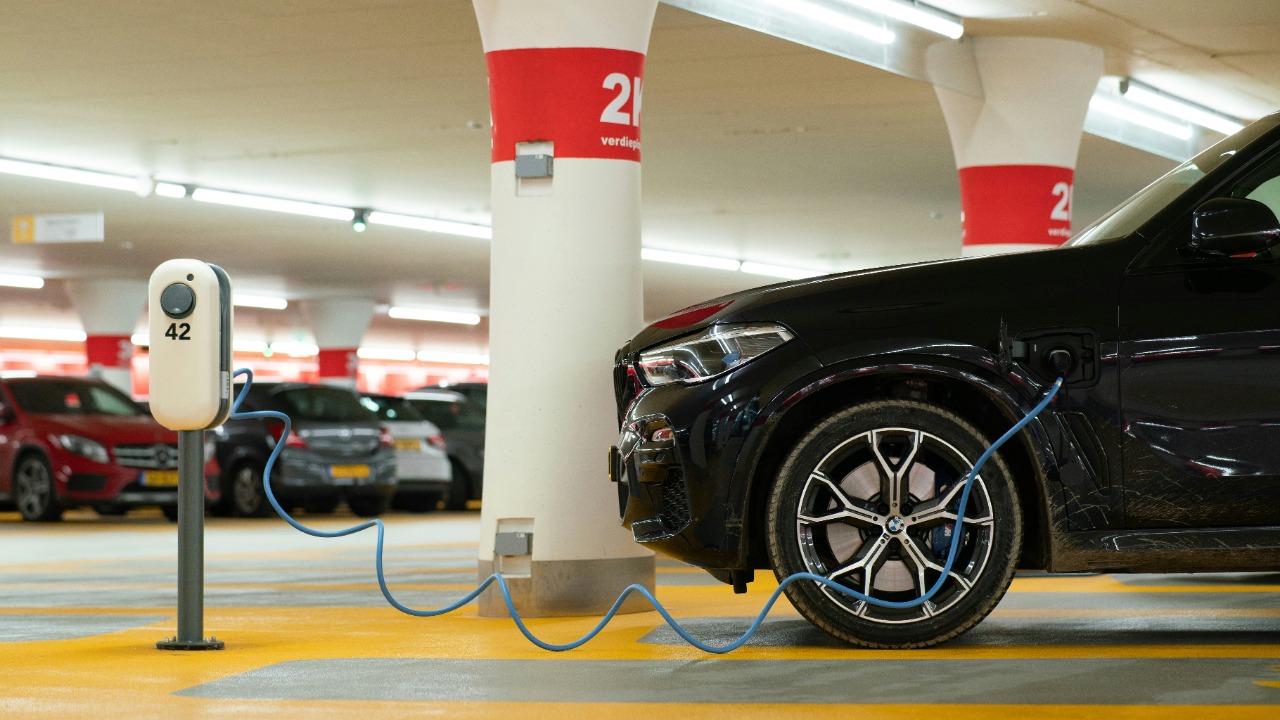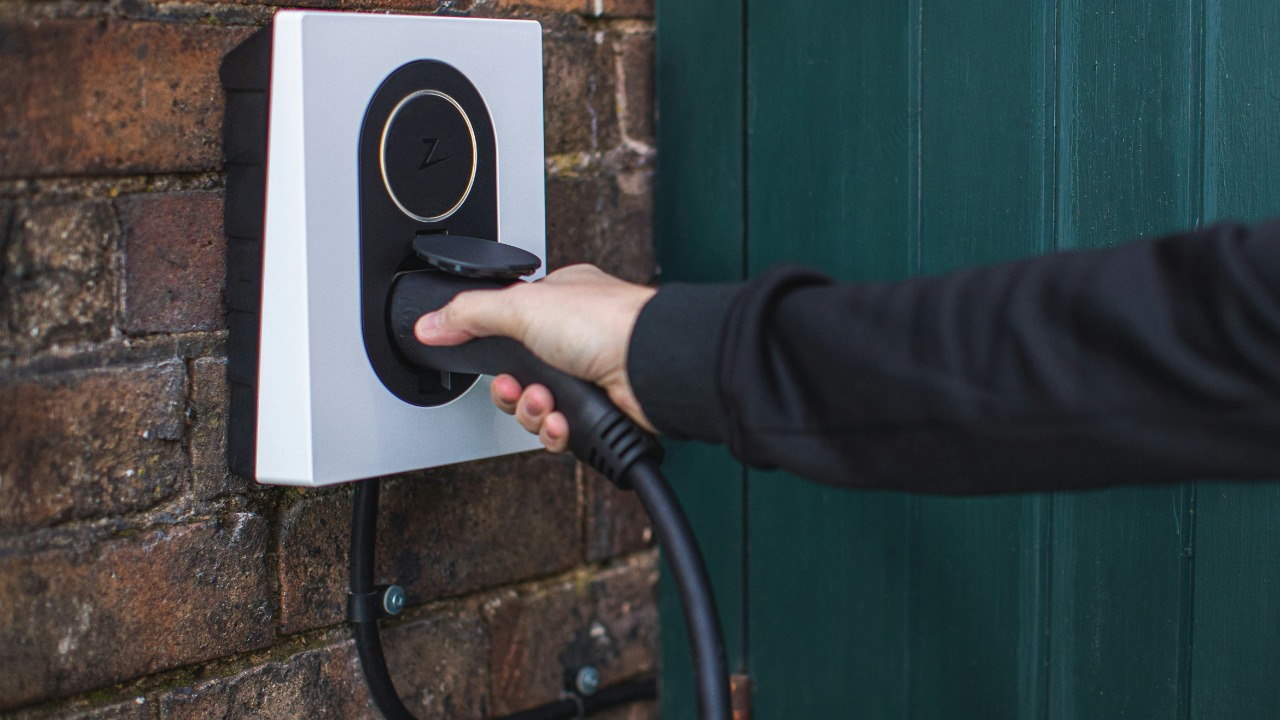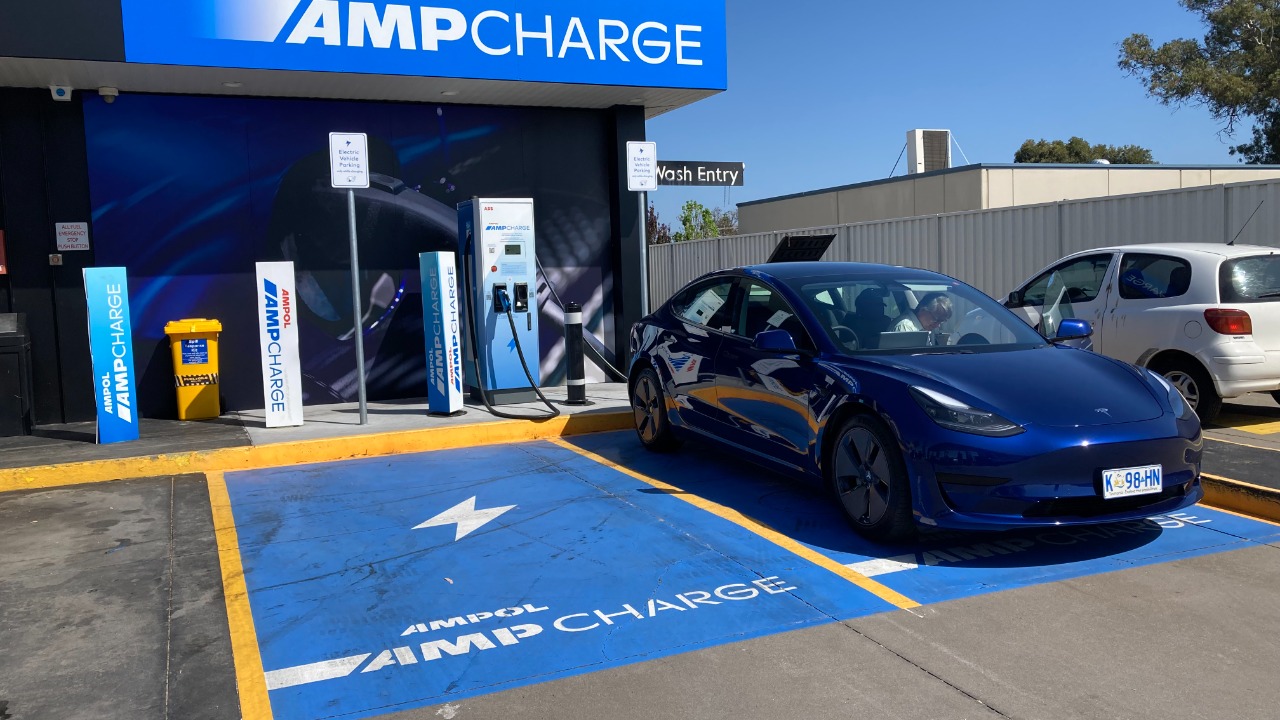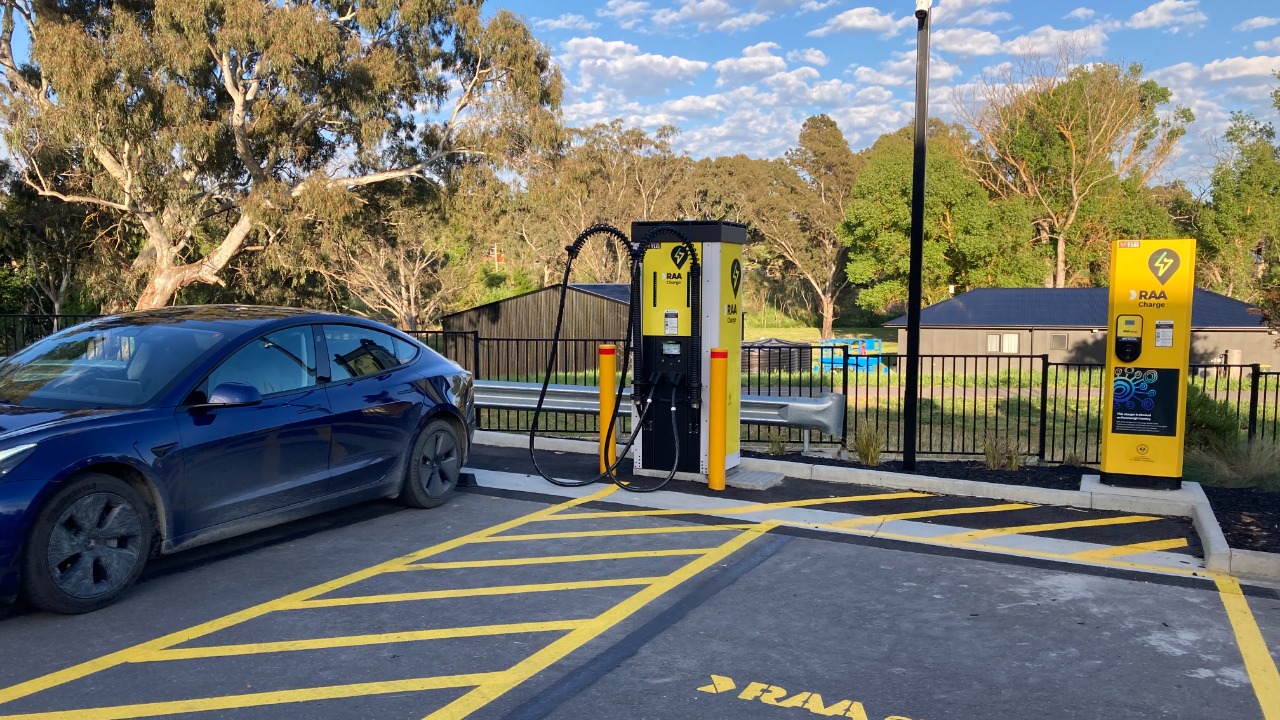The rise in electric vehicle (EV) ownership has sparked a corresponding increase in the installation of home charging stations. However, potential safety risks associated with DIY chargers have prompted the U.S. electric code to consider implementing a ban on such installations. This proposed change brings forth various implications, examining safety concerns, industry reactions, and the future of EV charging infrastructure.
The Growing Popularity of Electric Vehicles

Electric vehicles have seen a significant surge in popularity across the United States in recent years. According to the U.S. Department of Energy, EV sales have been increasing steadily, with a notable rise from approximately 300,000 units sold in 2020 to over 600,000 units in 2023. This growth can be attributed to several factors, including government incentives such as tax credits and rebates, as well as stringent environmental policies aimed at reducing carbon emissions. These measures have been instrumental in boosting market penetration, making electric vehicles a viable option for a larger segment of the population.
Home charging solutions play an essential role in the EV ecosystem by providing convenience and cost-effectiveness for vehicle owners. The ability to charge at home reduces dependence on public charging stations and allows owners to take advantage of lower electricity rates during off-peak hours. Currently, there are established standards and practices for home EV charger installations, typically involving professional installation services to ensure compliance with safety regulations. However, the growing trend of DIY installations has prompted concerns about safety and reliability.
Safety Concerns with DIY Chargers

DIY charger installations pose several risks, primarily due to improper setups that can lead to electrical hazards and fire risks. Non-professional installations may lack the necessary grounding, circuit protection, or load management, increasing the likelihood of electrical faults. A notable incident occurred in California, where a fire was traced back to a faulty DIY charger that overheated due to incorrect wiring. Such incidents highlight the potential dangers associated with non-professional installations and the need for stricter regulations.
Adhering to electrical safety standards is crucial to prevent accidents and ensure the safe operation of EV chargers. The National Electrical Code (NEC) provides guidelines for electrical installations, including those for EV charging stations. Experts emphasize the importance of professional installation services to adhere to these standards, as they have the expertise to assess electrical systems and make necessary adjustments to accommodate the added load from EV chargers. This approach not only enhances safety but also prolongs the life of the charging equipment.
Industry and Consumer Reactions

The proposed ban on DIY chargers has elicited varied responses from the electric vehicle industry and charger manufacturers. Industry leaders, such as Tesla and ChargePoint, have expressed support for the ban, emphasizing the importance of safety and compliance with established standards. They argue that professional installations ensure reliability and reduce liability risks for manufacturers. However, there are concerns that the ban could potentially impact the EV market by limiting consumer choices and increasing installation costs.
From a consumer perspective, the proposed ban raises concerns about the financial implications of mandatory professional installations. Many EV owners appreciate the cost savings associated with DIY setups and may view the ban as an unnecessary expense. However, some consumers recognize the potential benefits of ensuring safety and reliability in home charging systems. By mandating professional installations, the industry could enhance consumer confidence in EV technology and encourage wider adoption.
The Future of EV Charging Infrastructure

The future of EV charging infrastructure is poised for significant advancements, with innovations in smart and wireless charging solutions leading the way. Emerging technologies, such as inductive charging pads and integrated energy management systems, promise to enhance safety and efficiency in home charging setups. These advancements align with ongoing efforts to improve the user experience and make EV ownership more accessible to a broader audience.
Regulatory changes, such as the proposed ban on DIY chargers, could influence the development of future infrastructure by encouraging public and private investment in EV technology. New regulations may drive the adoption of standardized charging solutions and promote the expansion of the U.S. charging network. As a result, we can expect the EV charging landscape to evolve significantly over the coming years, with increased accessibility and convenience for consumers.
Legal and Regulatory Implications

The process of updating the U.S. electric code involves coordination between various regulatory bodies, including the National Fire Protection Association (NFPA) and the Occupational Safety and Health Administration (OSHA). The timeline for the proposed changes is still under consideration, with public consultation and industry feedback playing a crucial role in shaping the new code. Stakeholders, including manufacturers, consumers, and safety experts, are encouraged to provide input to ensure that the regulations are balanced and effective.
Potential legal challenges and compliance issues may arise as stakeholders oppose the ban. Some argue that the ban could infringe on consumer rights and limit individual freedom to make choices about home installations. To address these concerns, strategies for ensuring compliance with the new regulations across different states will be essential. Collaboration between regulatory bodies, industry leaders, and consumers will be crucial in navigating these challenges and achieving a safe and reliable EV charging ecosystem.